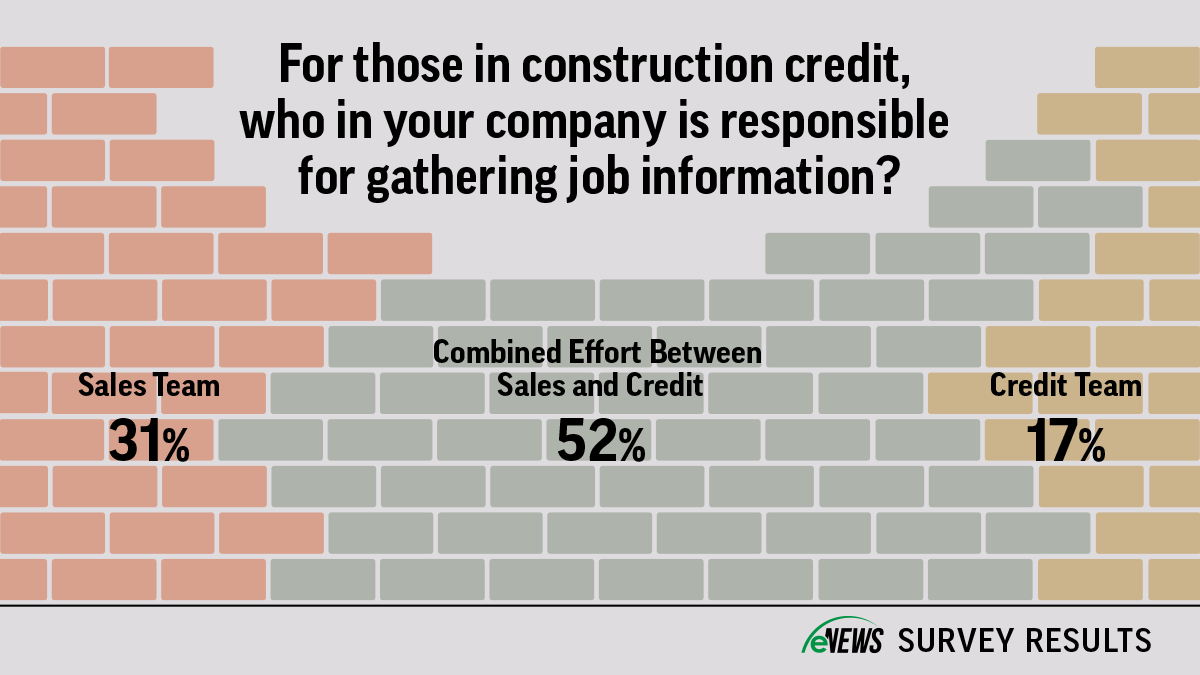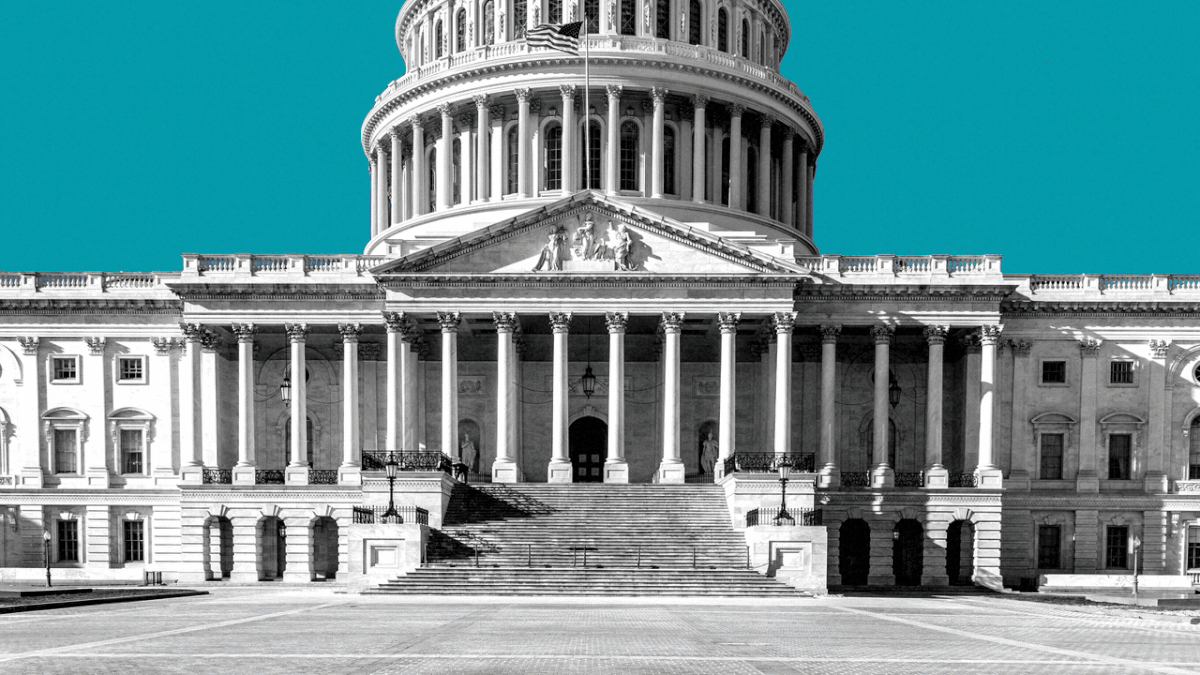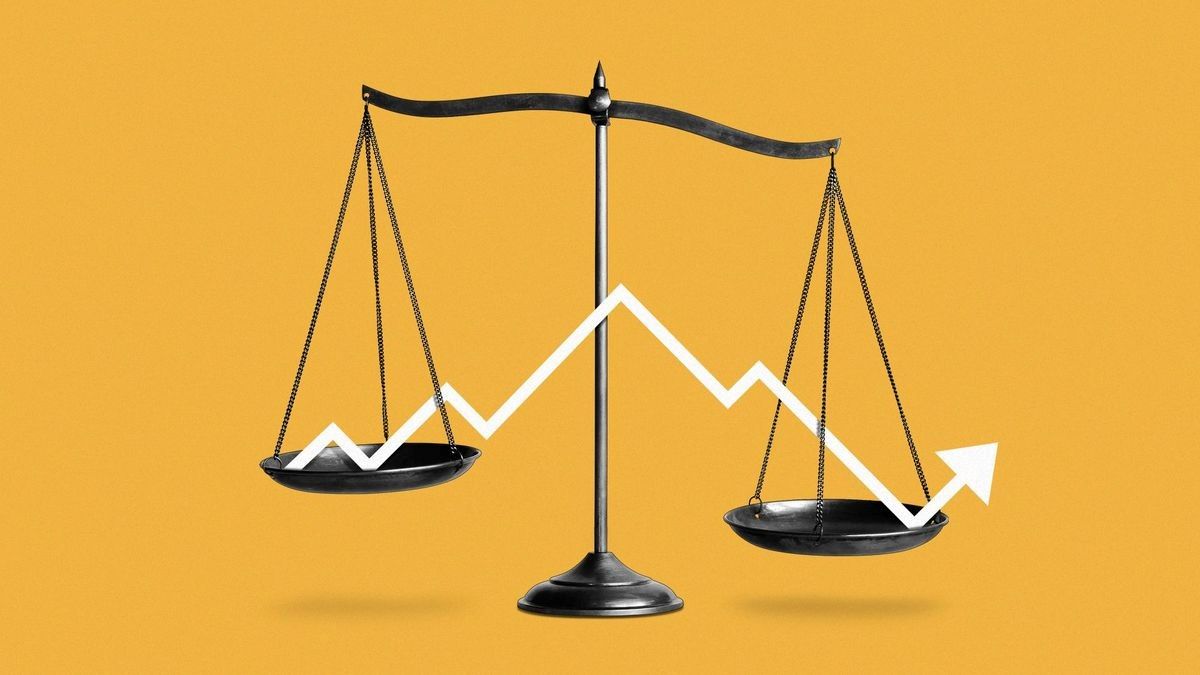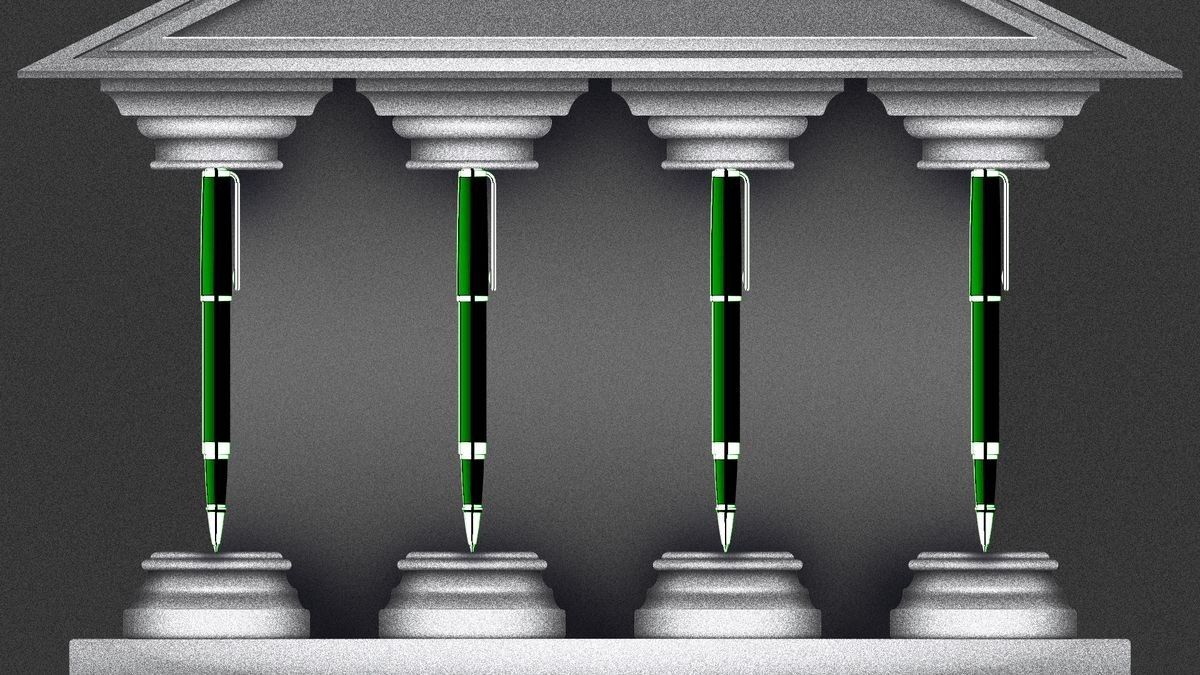Economy, eNews
The Most Anticipated Recession: Is It Coming or Not?
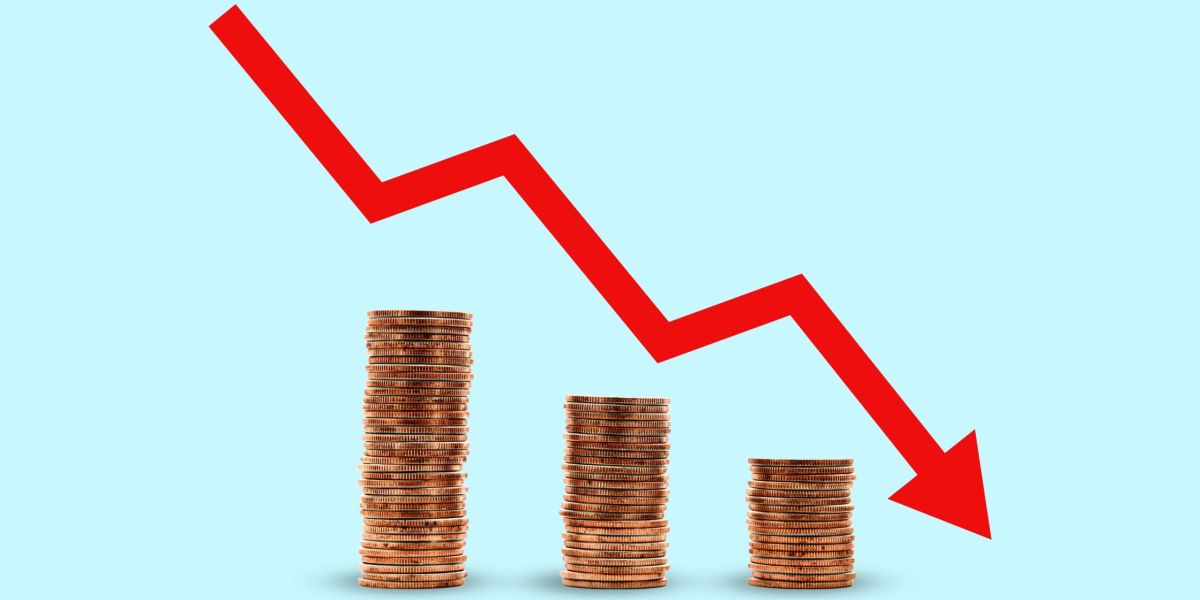
The U.S. economy remains resilient with robust job growth, steady consumer spending and strong GDP growth of 4.9%—all despite one of the most highly anticipated recessions ever. However, many factors continue to weigh on the economy and have the potential to offset the positives. A recent eNews poll revealed more than two-thirds of credit professionals believe a recession is around the corner if we are not in one already, while only 31% see the chance of a soft landing.
For credit professionals who see a smooth landing, the expectation stems from the ongoing growth in employment and consumer spending. “Unemployment is at a low right now that we have not seen for a while, inflation is seeming to slow down which I think will lead to greater confidence in the economy,” said Scott Dunlap, director of credit and collections at Coleman Oil Co. (Lewiston, ID). “We’re not out of the woods, but the indications are that the economy is improving.”
Andy Davidson, director of credit and accounts receivable at Masonite International Corporation (Tampa, FL) has seen a change in customer payment behavior that leads him to believe a recession is on the horizon. “Previously, customers were quick to pay within a discount period but they are now adhering to the term to hold onto their cash as long as possible.”
Customers in Distress
Although the previous macro-economic factors will affect some customers more than others, it is important to stay informed on the latest economic trends in order to mitigate future risk. According to the eNews poll, 20% of credit professionals surveyed said we are already in a recession.
“Some industries and geographic areas are already experiencing decreased consumer spending due to higher interest rates, surging oil prices along with the damage to domestic oil activities in several regions,” said Tammy Hamre, CBA, corporate credit manager at Cole Papers Inc. (Fargo, ND), who is experiencing increasing payment delays from customers with excellent payment histories. “The number of workforce strikes, crushing student loans and healthcare costs are impacting some industries more than others. But I believe that official recession declarations will happen well after some business sectors and geographical regions have experienced the impacts.”
Many credit professionals are seeing customers either selling or closing shop. “We have way more collection issues now and it is all related to recessionary pressures and inflation,” said Jon Hanson, CCE, CCRA, VP-director of corporate credit at OVOL USA (Carrollton, TX). “It’s a matter of seeing if they can continue to work through those pressures and mitigate that risk.”
Credit professionals are advised to practice due diligence, especially with high-risk customers. “We’ve already seen an increase in bankruptcies in the business community in nearly all segments of business,” said Kenny Wine, CCE, director of credit-South/East at Joseph T Ryerson & Son, Inc. (Little Rock, AR). “We are hearing customers complain about jobs getting pushed back and therefore they can’t pay until they are paid. Customers are asking for extended terms, thereby using the vendor as their bank. Their other option is to draw on their credit revolvers or asset-based lending and pay the bank a much higher interest rate than they have had to pay in the past.”
Overseas Geopolitical Conflict
The ongoing Russian-Ukraine war continues to have long-term effects on the global economy with “volatile and elevated commodity and energy prices, which exacerbated food shortages and stoked inflation in many regions across the world,” reads a press release from the United Nations.
Now, the Israel-Hamas war is likely to have a far-reaching impact as well, although it is too early to determine exactly how that will look. “We are going to wait a few more days to see how things evolve, but right now, it’s business as usual,” said Melvin Ucelo, CCE, CICP, global credit manager at Franklin Electric Co. Inc. (Fort Wayne, IN) during the Global Credit Thought Leaders Discussion. “Every order from Israel is being closely reviewed and decisions are made on a case-by-case basis because everything is evolving so quickly. But as of right now, we have not encountered any issues.”
Ray Yarborough, CBA, CCRA, CICP, senior accounts receivable manager at Connexity, Inc. (Santa Monica, CA) said his parent company is based in Israel and right now it’s tough to have any communication. “We are having some delays in communication because sirens can go off at any time during a call and we are trying to close our books for Q3,” he said. “Emails are working better right now just because of the sporadic nature of what is happening.”
Interest Rates
The Federal Reserve raised interest rates at an aggressive pace in 2022 and 2023 to tame scorching inflation. The key rate now sits at 5.4%, a four-decade high. “High interest rates have impacted the construction industry, slowing residential and commercial construction as well as supply chain companies that work for the construction industry,” said Barry Hickman, senior director of credit at Dal-Tile Corporation (Dallas, TX), who believes the U.S. is headed to recession next year. “As that happens, companies will begin to lay off employees, cut costs and shrink their operations. An increase in unemployment will decrease consumer spending at retailers and disrupt the overall economy.”
Labor Strikes
The rise in labor strikes these past few months has slowed production. For example, the United Automobile Workers (UAW) union went on strike for roughly six weeks, halting production at General Motors’ largest U.S. factory and taking a toll on profits. “I think the automotive industry could be the catalyst to push us into recession,” said Amy Cook, CCE, credit manager at McNaughton-McKay Electric Company (Madison Heights, MI). “A big chunk of the economy is the automotive industry so challenges in that sector can potentially slow the economy further but it’s too early to tell.”
The UAW was not the first union to strike this year. Workers from various industries—including railroad workers and writers—showed just how impactful strikes can be on the economy. The longer strikes last, the more difficult it’s going to be for those companies to produce their products, build their inventories and service their customers. “At some point, both sides will get together and carve out some longer-term deal,” Hickman said. “But there’s a lag when this happens before they’re able to resume production. Automobile prices are also rising, adding more pressure and demand on the used car market.”

